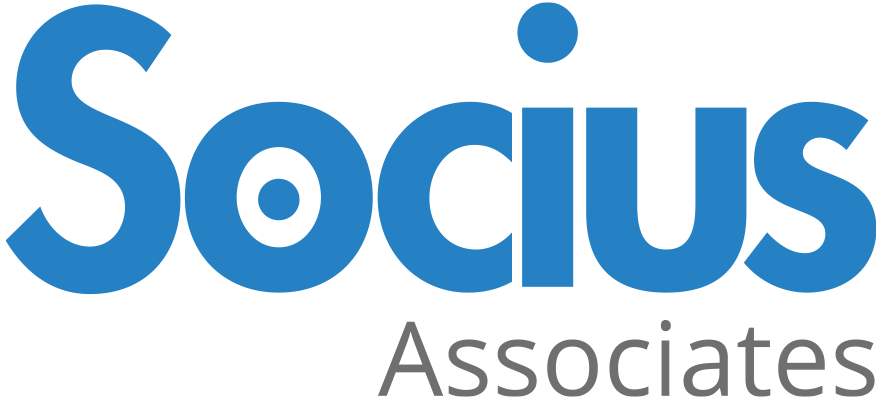Disruption please!
Clients who arrive for coaching or mentoring sessions may not realise it, but what they will be getting is disruption. For those clients who have opted to find a coach or mentor themselves, this is almost always a welcome discovery: they were ready to have their usual way of going about things disrupted.
It takes some guts to work with a coach. Engaging wholly and honestly with the one thing that holds you back – once that ‘thing’ has been identified – is brave, because this thing may not be what you expected at all.
Stages of disruption
Identifying what is putting the brakes on the client achieving what they want is absolutely essential. Clients usually arrive with some idea about this, but more often than not they are describing symptoms rather than the cause at the root of them. The first disruptive moment arrives when we realise that what the client brought to the initial coaching agenda perhaps isn’t the real issue.
Although very common, this almost always takes the client by surprise. It is also very often the point when the client starts to experience the bigger impact of their sessions: they’ll return for the next session and describe having had very different interactions with people, or a significant conversation with an important person in their (working) life.
Having encountered the disruption of a shifting coaching agenda, typically two scenarios apply next. Some clients are too shocked to find they didn’t know what the real issue was and find it hard to engage with it. This can be because they are not ready to tackle it, and it is too soon, too much, too fast. Sadly it can also be that they were ‘invited’ to work with a coach, and felt unable to tell me. It fortunately doesn’t happen very often, but when it does, we have a conversation about the support the client needs and will accept and how to ensure they get it.
In the second and more frequent scenario the client responds with initial shock followed by interest, or with glee, or with cautious questions about whether they are ‘allowed’ to change the coaching agenda, seeing as we started somewhere else. These are resilient clients who decide to wrestle their issue to the ground once and for all even when its true nature isn’t revealed immediately.
The discovery that there is more to their question and that they can go and explore it, work with it, and throw themselves into tackling it often raises clients’ expectations of the coaching. It is a pivotal point in the coaching relationship where I find out the extent of my client’s engagement with their question and with the coaching process. It is also where I discover how I need to up my game to match my client’s pace!
Delightfully disruptive
A recent coaching client wanted to achieve a better work-life balance. About three or four sessions into our work together she made a very disruptive discovery: she admitted to herself that she was a control freak. Nobody was telling her this; her large team was stable and productive and would confide in her when they wanted to. Her line manager was positive about her performance and largely left her to it. The client had some challenging relationships in the organisation, but there were no signs of deep discord. She routinely worked 14 hours a day, and spent her weekends ‘catching up’. This pattern had become unsustainable.
It took this client some weeks to make peace with her discovery that being a control freak was the cause of her problem. Soon she was paining herself with questions like “Have I been smothering my team?” and “What if they think that I don’t trust them?”.
Even while she was grappling with this disruption in her world view, she was able to step back and let her team take over many of the tasks she had been dealing with herself for so long. Her team relished in the new responsibilities and opportunities. Their stunned manager discovered things were being done just as well or in clever new ways. She delighted in it all and focused on strategic tasks and felt on top of things. She was also able to cut her hours down dramatically.
When we came to the end of our sessions the client marvelled at where her journey had originated: a poor work-life balance. Where she previously assumed being on top of things meant personally controlling everything, she now accepted that although it got her to where she was in her career, it was time to move away from this to further her career. Soon after she landed a promotion to a high profile role which she felt excited rather than daunted by. Calling out the control freak had been the most welcome disruption at a crucial time in her career.

